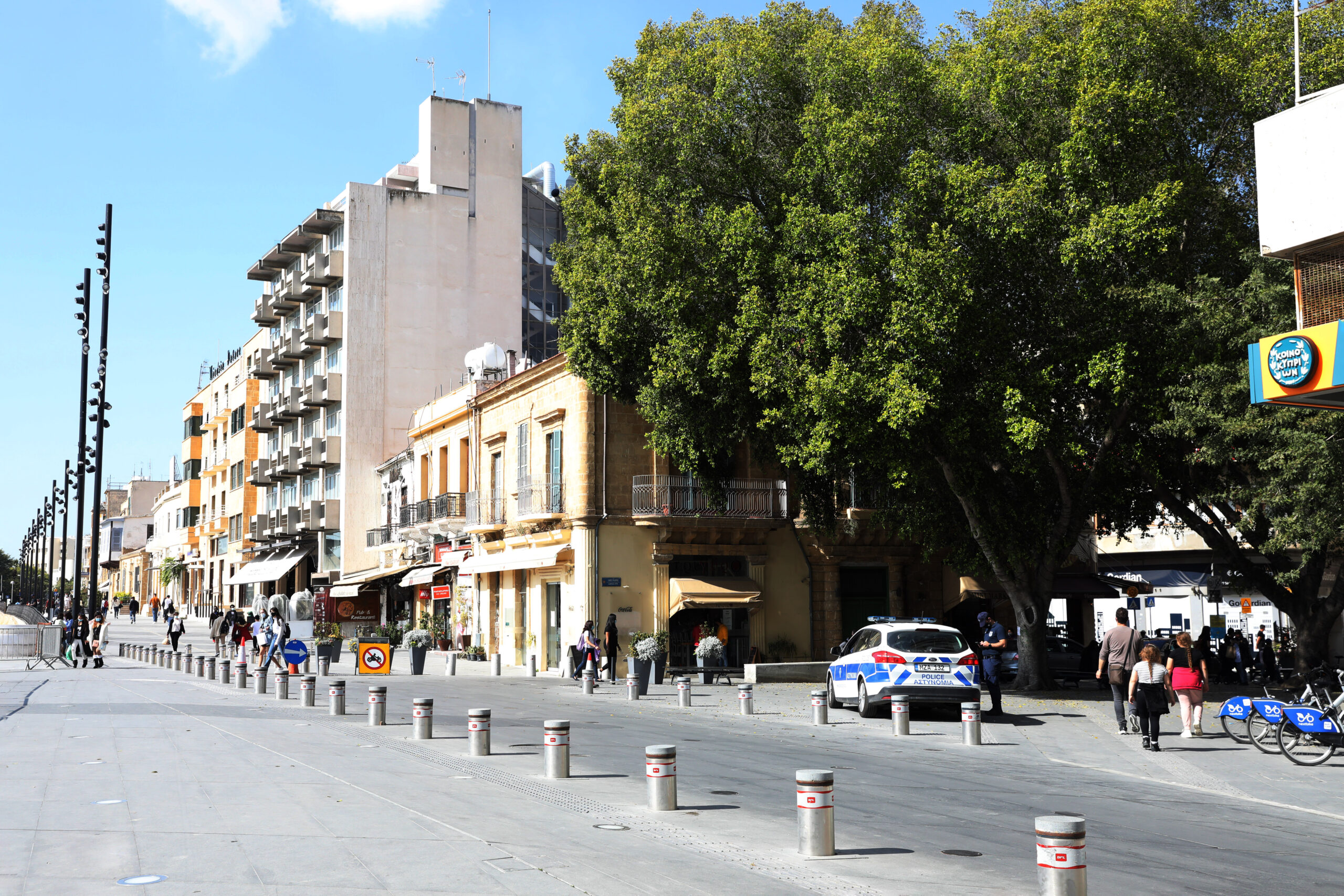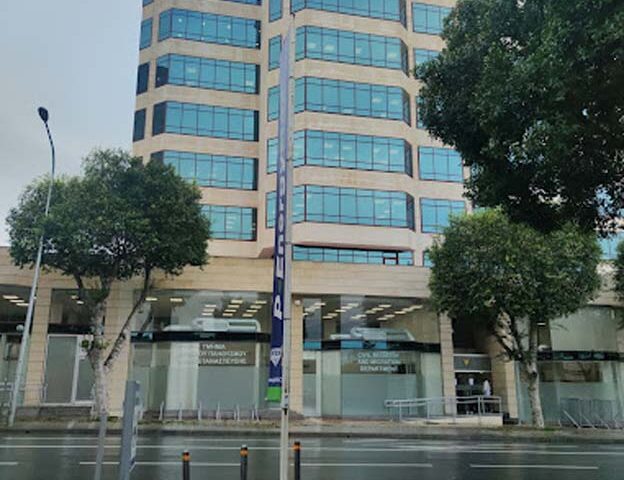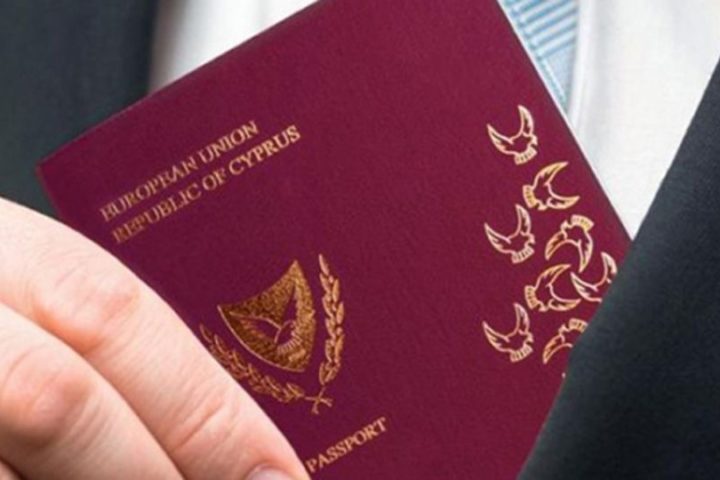I’ve studied the government’s new proposal on how foreigners (non-EU members or companies) secure a permanent residence permit, and I fail to understand its purpose.
Is it to attract foreign investors from third countries to the island or their near prohibition to reside in Cyprus?
I understand the government’s cautious approach after the passports saga and the attention it needs in handling them.
But on the other hand, the new measures almost exclude the attraction of this source of investors.
The new residency measure requires a third-country resident to have a foreign income of €50,000 per year plus €15,000 a year for their spouse and €10,000 a year for underage children, in addition to the €300,000 needed to invest in housing.
Thus, the interested party must have at least €450,000 (including transfer fees, VAT, furniture, lawyers, and other expenses) and savings of around €100,000 to cover the initial period until the family is settled.
This rises to an approximate amount of €600,000 (excluding the purchase of 1-2 cars), school fees, in the case of children, and other daily living expenses.
The applicant’s income must come from abroad with the appropriate evidence of continuous earnings flow and all this without the costs of medical care and without being entitled to work in Cyprus (with some exceptions).
Thus, on the one hand, we have the measure of attracting high-paid foreigners with an income exceeding €50,000 a year, with tax relief, an amount that includes their family, and on the other hand, the new measure of permanent residency.
This relocation measure for high-paid foreigners (including their employment) has attracted around 9,000 applicants.
Summary
The new proposal, which must be approved by parliament where it is not yet submitted, is the following:
(a) Investment for purchase of at least €300,000 house or apartment + VAT. These must be new units.
(b) €300,000 (offices/ shops/ hotels/ other real estate) as an alternative to (a) and could be resale units.
(c) Cyprus Company Shares – but with a physical presence of the company and with at least five employees.
(d) The permanent residence permit will be revoked if the applicant ceases to hold their investment without replacing it with another of at least a similar value (€300,000).
(e) The applicant’s income/investment must come from abroad.
(g) The applicant must prove an annual income from abroad of €50,000 per year, plus €15,000 a year for a spouse and €10,000 per child.
(h) Applicants are not allowed to work except as directors of a company that has invested in Cyprus.
(i) Applicants may purchase up to two residential units provided the total value exceeds €300,000.
(j) Permanent residents, when they obtain their permit, may be able to join the national health system (GHS).
(k) After issuing a permanent residence permit, the applicants can apply for a Cyprus passport if they have been permanent residents for five years.
The issue is that no one knows the details, not even the Ministry of Interior, to which we have applied, and they could not submit any document with details, while these measures are subject to approval by parliament, and God knows if and when they will be approved.
(l) In addition, the duration of study or granting the permit will take two months (in fact, it is more than 6-24 months).
Strangely, the applicant will have to prove they have an annual income of €50,000 (and more for the rest of the family) even if they have deposits in a bank of €2 mln or more.
Basically, the plan targets current foreign investors outside the European Union, which involves British investors, Lebanese, and Israelis, many of whom invest in the Cypriot economy (hospitals, hotels, marinas/ports).
The Ministry of Interior’s decision on the new measures is difficult to understand, but clarifications are needed to avoid becoming a ridiculous country.
What strikes me is the silence from developers, lawyers, audit firms, real estate agents, etc., who have every reason to protest.
Perhaps, they are still digesting their profits from the golden passports regime.
By Antonis Loizos FRICS – Antonis Loizou & Associates EPE – Real Estate Appraisers, Real Estate Agents and Real Estate Consultants










